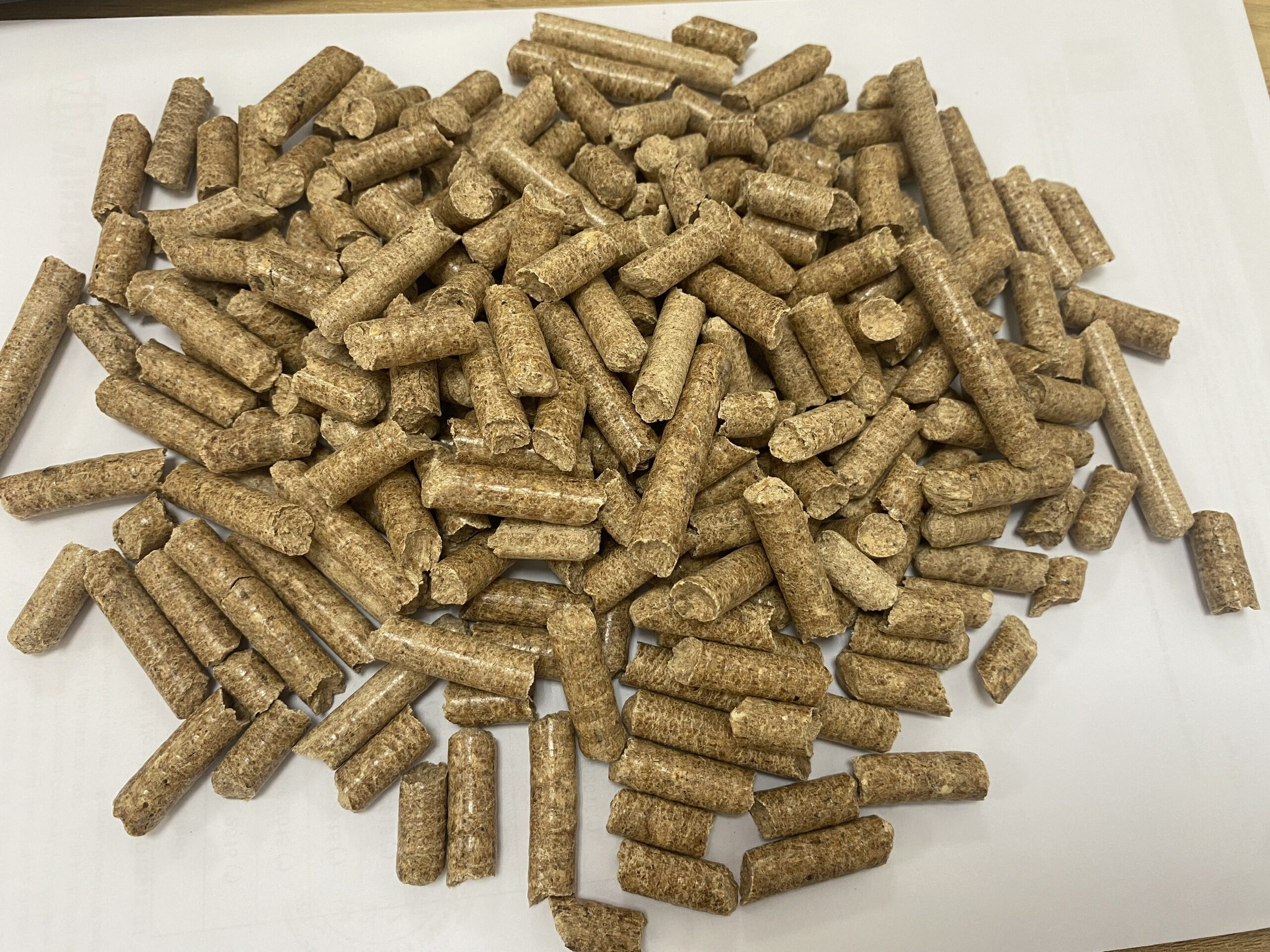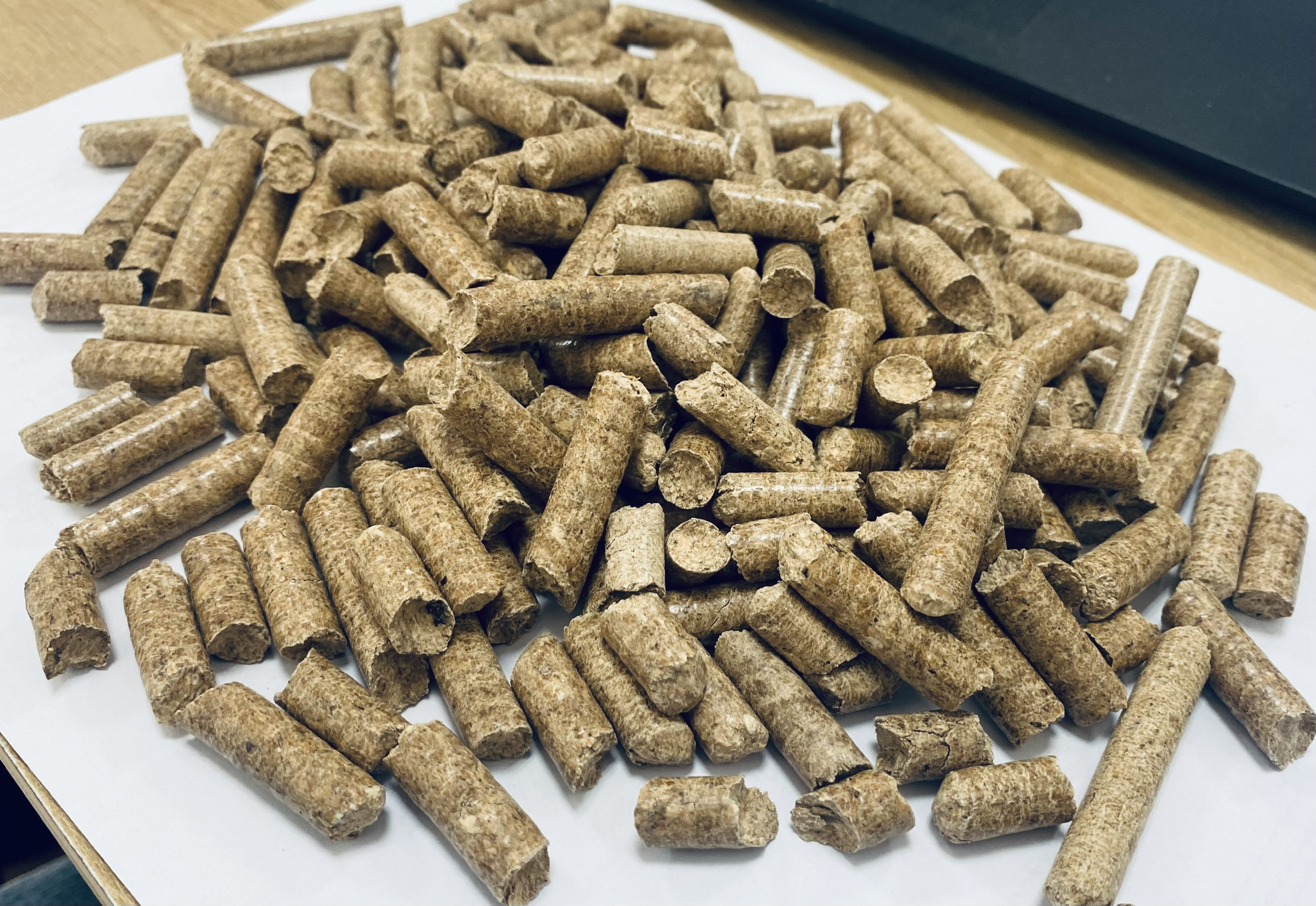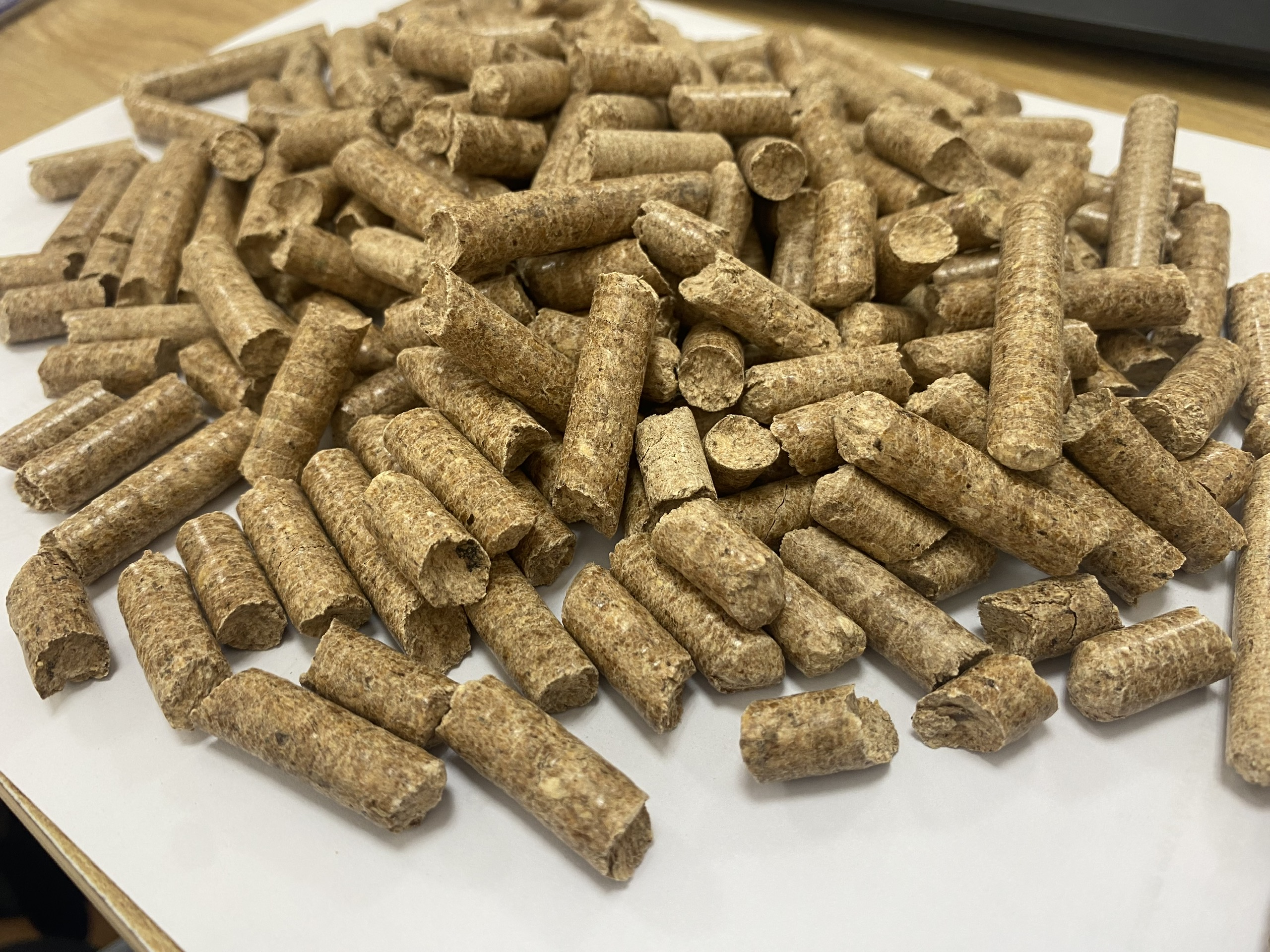The wood pellet manufacturing industry stands at the cusp of a promising future, driven by a confluence of factors ranging from environmental concerns to renewable energy demands. This article delves into the burgeoning landscape of wood pellet production, exploring its development prospects and the factors shaping its trajectory.

Growing Demand for Sustainable Energy:
In an era marked by heightened environmental consciousness, the quest for sustainable energy sources has gained unprecedented momentum. Wood pellets, derived from biomass, have emerged as a viable alternative to traditional fossil fuels, owing to their eco-friendly attributes and renewable nature. As governments worldwide intensify efforts to reduce carbon emissions and combat climate change, the demand for wood pellets as a clean energy solution is poised for exponential growth.
Renewable Energy Policies Driving Market Expansion:
The wood pellet manufacturing industry is buoyed by supportive renewable energy policies implemented by governments across the globe. Substantial investments in renewable energy infrastructure and incentives for biomass utilization have created a conducive environment for market expansion. Initiatives such as renewable energy targets, carbon pricing mechanisms, and subsidies for biomass production have catalyzed the proliferation of wood pellet manufacturing facilities, fostering a robust market ecosystem.
Technological Advancements Fueling Efficiency and Productivity:
Advancements in wood pellet manufacturing technologies have revolutionized production processes, enhancing efficiency and productivity. Innovations such as automated pelletizing systems, biomass densification techniques, and precision control systems have optimized resource utilization and minimized waste generation. Moreover, research and development initiatives focused on improving pellet quality, durability, and combustion characteristics have bolstered consumer confidence and market competitiveness.

Expanding Applications Across Diverse Sectors:
The versatility of wood pellets extends beyond the realm of residential heating, encompassing a myriad of applications across industrial, commercial, and institutional sectors. From power generation and cogeneration to industrial process heating and agricultural applications, wood pellets offer a sustainable solution to diverse energy needs. Additionally, the emergence of pellet-based co-firing technologies in conventional coal-fired power plants presents a compelling opportunity to decarbonize energy production and mitigate environmental impacts.
Global Market Dynamics and Regional Trends:
The global wood pellet manufacturing industry exhibits a dynamic landscape characterized by regional variations in market dynamics and consumption patterns. While Europe remains a dominant market driven by stringent renewable energy targets and biomass utilization mandates, North America is witnessing rapid market expansion fueled by abundant forest resources and growing export opportunities. Furthermore, emerging markets in Asia Pacific and Latin America are poised to capitalize on the escalating demand for renewable energy and sustainable fuel alternatives.

Challenges and Opportunities on the Horizon:
Despite the promising growth prospects, the wood pellet manufacturing industry faces inherent challenges that warrant attention. Concerns regarding biomass sustainability, land use competition, and supply chain logistics necessitate the adoption of robust regulatory frameworks and sustainability standards to ensure responsible biomass sourcing and production practices. Moreover, fluctuations in raw material prices, currency exchange rates, and regulatory uncertainties pose risks to market stability and investor confidence.
Conclusion:
In conclusion, the wood pellet manufacturing industry is primed for substantial growth and evolution in the coming years, driven by increasing demand for sustainable energy solutions and supportive policy frameworks. Leveraging technological innovations, expanding market applications, and addressing sustainability challenges will be pivotal in realizing the full potential of wood pellets as a renewable energy source. As stakeholders collaborate to navigate the complexities of the evolving landscape, the wood pellet industry is poised to play a transformative role in the global transition towards a cleaner, greener future.
VBW WOOD PELLET?
Wood Pellets from VBW are of high quality, known for their superior performance and reliability. Made from carefully selected wood sources, these pellets offer excellent energy efficiency, low moisture content, and high calorific value, making them ideal for use in heating systems and industrial applications. The production process at VBW adheres to strict quality control standards, ensuring that each pellet is consistent in size, density, and composition. This results in a clean-burning fuel that produces minimal ash and emissions, contributing to a more sustainable and environmentally friendly energy solution. VBW’s Wood Pellets have gained recognition in various markets, reflecting their commitment to delivering a premium product that meets the needs of both domestic and international customers.
